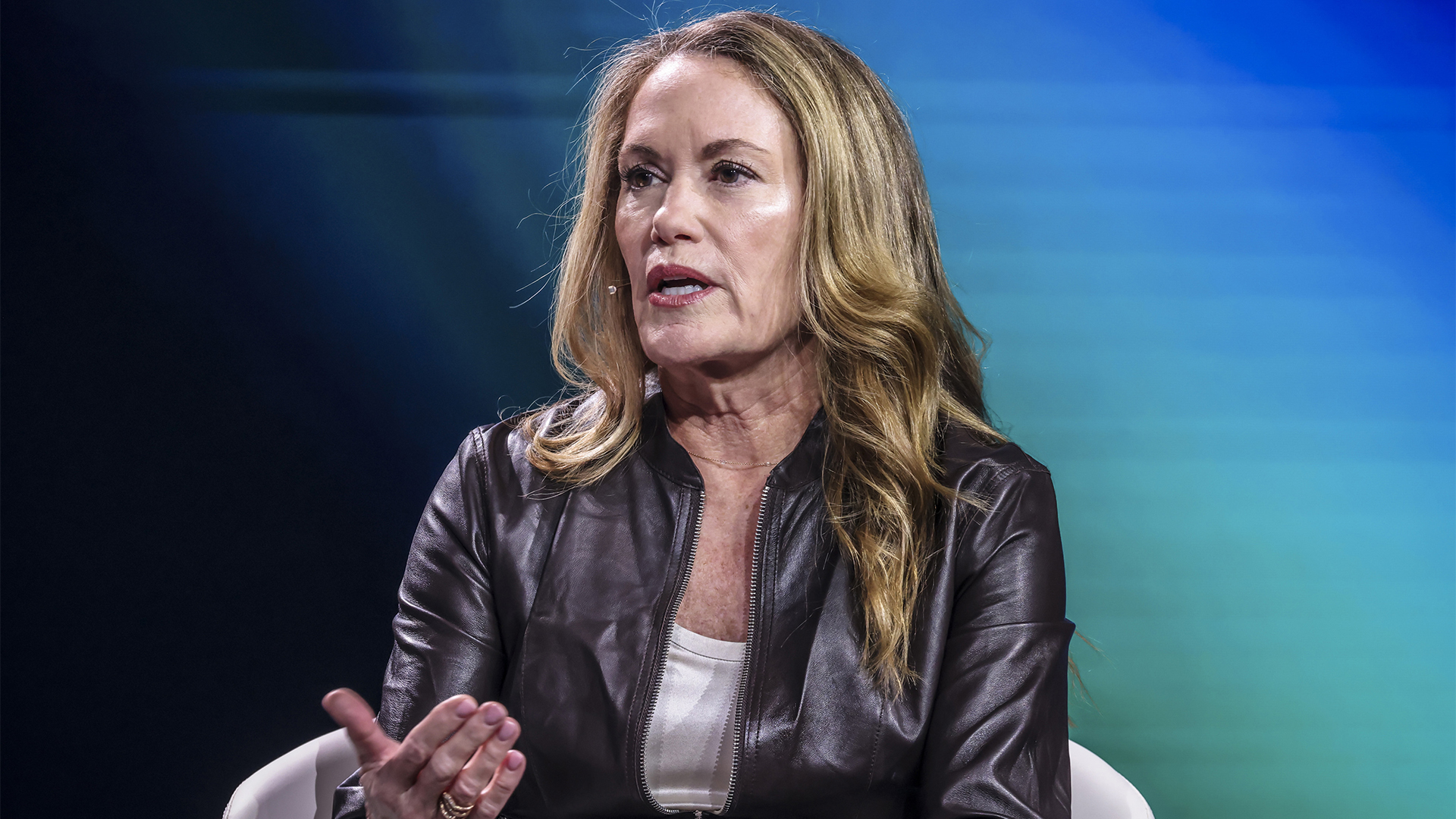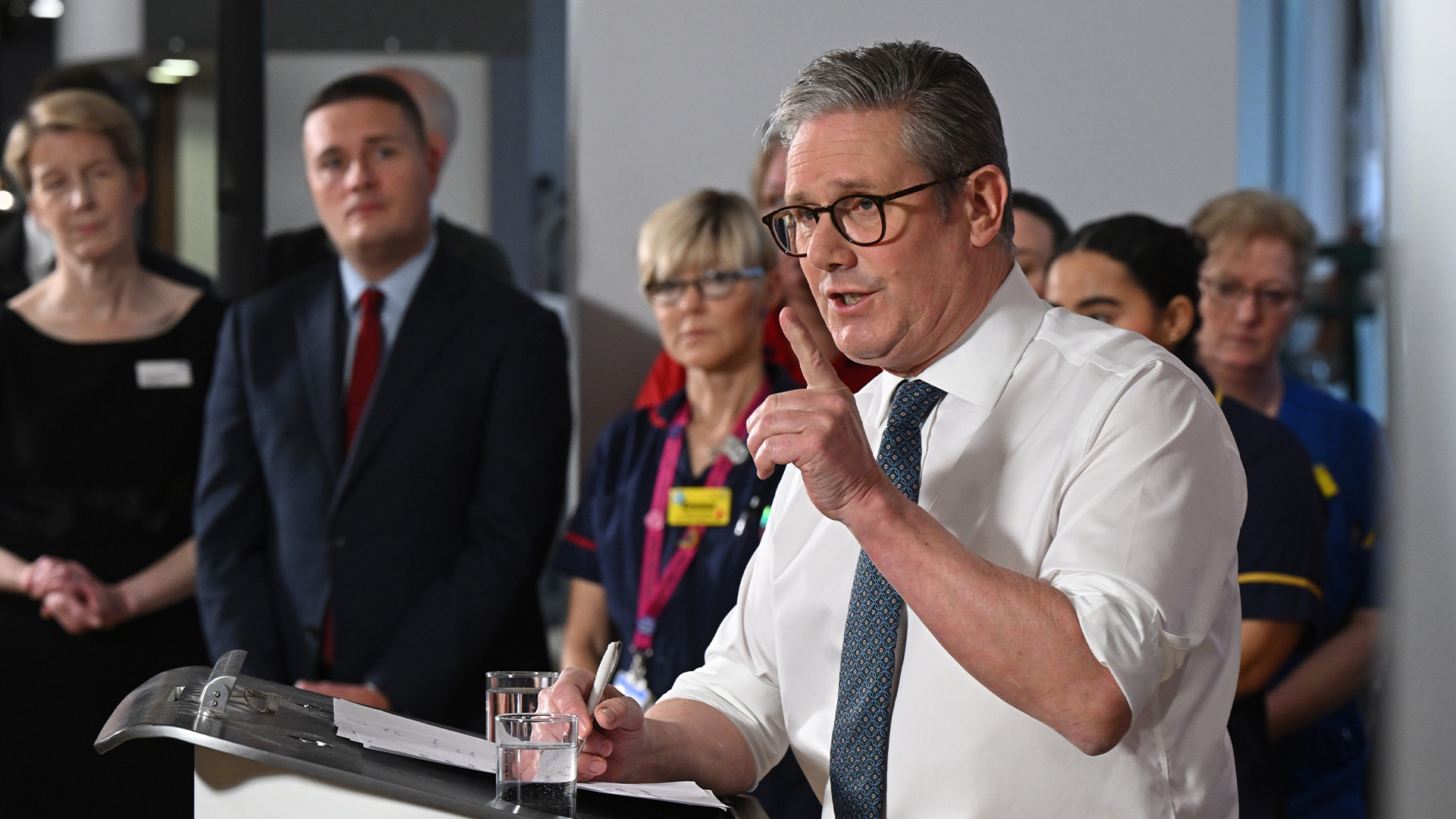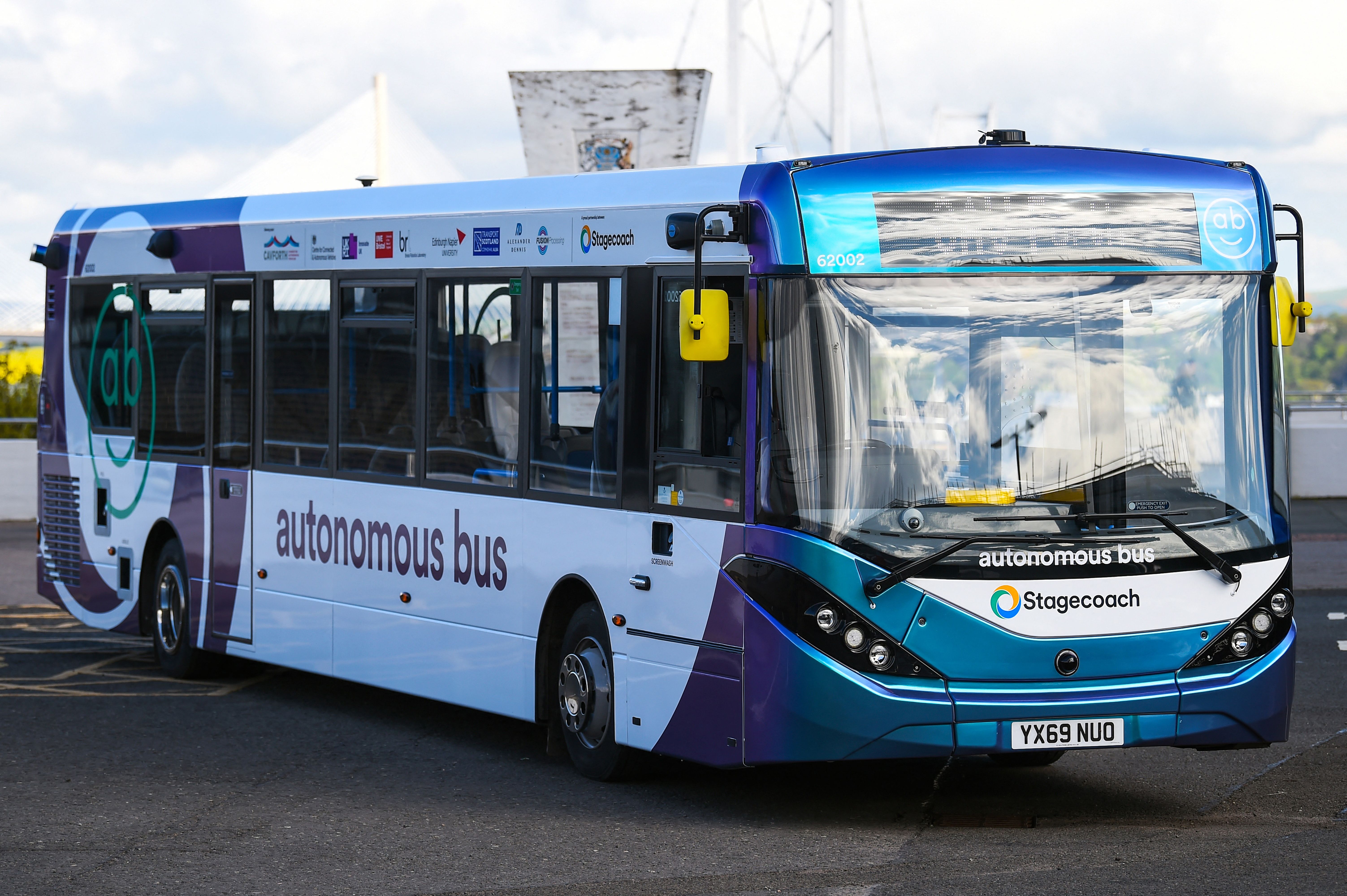Budget 2017: Tech industry welcomes skills investment
But vendors believe broadband funding should go further

Sign up today and you will receive a free copy of our Future Focus 2025 report - the leading guidance on AI, cybersecurity and other IT challenges as per 700+ senior executives
You are now subscribed
Your newsletter sign-up was successful
Investment in 5G, robotics and expanding fibre networks underpinned the government's technology promises in yesterday's Spring Budget 2017 as it tries to prepare the UK for a post-Brexit landscape.
Chancellor Philip Hammond outlined a 270 million investment spread across driverless cars, robotics and biotech, as well as a 16 million 5G fund and 200 million for councils to try out projects to roll out full-fibre broadband networks.
One central aim of the budget was to "invest in cutting-edge technology and innovation, so Britain continues to be at the forefront of the global technology revolution", according to the government, as it seeks to stabilise Britain's finances ahead of a potentially rocky exit from the EU.
Charlotte Holloway, policy director at trade industry body techUK, said: "Today's Budget shows a consistent approach from the Chancellor, laying solid foundations for what will be an uncertain period ahead. The digital sector is the fastest-growing part of the UK economy and today's Budget will provide tech companies with reassurance that the Chancellor understands that their success is critical for a truly Global Britain."
Welcoming the investments in 5G, driverless cars, robotics and broadband, she also lauded a 40 million budget for the Department for Education to try different approaches to retrain people throughout their working lives, after a Parliamentary committee called on Whitehall to upskill those who face losing their jobs to AI in the future.
A 300 million pot to support 1,000 new STEM PhD places and fellowships will also be created, while T-Levels will be introduced from 2019-2020 for 16-19-year-olds to enter technical training.
The cash for much of the technology investment comes from the 23 billion National Productivity Investment Fund created in last year's Autumn Statement.
Sign up today and you will receive a free copy of our Future Focus 2025 report - the leading guidance on AI, cybersecurity and other IT challenges as per 700+ senior executives
5G
Ofcom wants 5G technology to arrive in the UK by 2020, but there are still no firm plans for what spectrum it will utilise and trials won't take place until 2018 at the earliest.
Nevertheless, the government plans to fund a National 5G Innovation Network that can trial and demonstrate 5G applications and establish a "centre of 5G expertise" within government to oversee this with private sector partners.
O2 COO Derek McManus welcomed the 5G investment, but said a spectrum cap of 35% is necessary to keep 5G networks competitive. "The 5G strategy sets out a clear plan which will help secure the UK's status as a leading digital economy, but a competitive framework must be in place to ensure the 5G network is up to scratch," he said. "A competitive auction will allow the mobile industry to successfully evolve towards 5G, laying the foundation for a prosperous digital future for UK consumers and businesses."
Broadband
With 200 million funding, the government hopes to group demand from schools, hospitals and other public bodies to make it more attractive for telcos to invest in rural broadband roll outs.
The cash will support a 400 million Digital Infrastructure Investment Fund that will be matched by private sector investmen, which will be launched in spring 2017.
Rufus Grig, chief technology and strategy officer at telecoms firm Maintel, argued that the investment doesn't go far enough, saying it's crucial small businesses get better connections as they rely on data more and more.
"Philip Hammond's proposed investment in rural broadband is a huge step forward for all small businesses," he said. "However, it cannot stop there. More must be done to manage networking services for British companies if they are to compete on the global stage and drive our economy forward.
"Real-time traffic on enterprise networks will continue to increase, through voice or video calls, screen-sharing, instant messaging or video casts. These business critical real-time applications, with low tolerance to delays or errors put networks under enormous strain."
Marc Agnew, VP of ViaSat Europe, also said the investment was too small in scope.
"Fibre alone, while offering hyper-fast speeds in the right circumstances, will never reach every household without being prohibitively expensive," Agnew said.
"The UK is at serious risk of ending up with a two-tier internet; where those areas with fast services reap the benefits in terms of education, opportunity and investment, while those without broadband are left further behind," he added.
Automation and skills
As the UK pushes more investment into cutting-edge technologies like driverless cars and robotics, several observers noted that a focus on skills is necessary to ensure humans keep up with a changing technological landscape.
Chris Francis, SAP's UK director of government relations, said: "We can only continue to drive innovation if we have the skills fit for the digital economy. The Chancellor's budget rightly places digital skills training at the centre of the commitment to securing the UK's economic future. We support efforts to reinvigorate technical education within our schools and universities as well as its plans to collaborate with businesses like SAP on digital skills training initiatives.
"However it's equally important to support the contribution of business to the wider digital and business skills agenda and lifelong learning, ensuring we have flexibility to meet our employees', partners' and the community's needs, not a one size fits all approach."
He also welcomed yesterday's insight into what the 23 billion National Productivity Investment Fund will be spent on transport networks, better digital infrastructure, 250 million on STEM PhD fellowships and building a talent pipeline from abroad.
That funding is in addition to last week's Digital Strategy, which set out a variety of private sector-led initiatives to improve people's digital skills.
Francis added: "We also welcome the government's commitment to supporting disruptive technologies such as biotech, robotics and automation through its 270m investment, but it's essential the ambition to harness innovation is matched by outcome-orientated action.
"We'd like to see more from the government, especially using public procurement and other industry-government touch points, on stimulating demand side digital investment across all sectors of the economy to help address our productivity challenge in the short and medium term whilst we await the results of the longer term investments."
James Smith, MD of tech recruiter Networkers, said: "The skills gap in the technology sector is well documented, and the industry and government desperately need to address this to ensure UK businesses are fit for the future."
Networkers' head of data science and AI, Chris Rosebert, added: "Without doubt AI and robotics are providing the biggest technology leap that we have seen in a very long time and will affect every business and individual.The fight for skilled professionals is intense and tech hubs like Berlin and Barcelona are becoming increasingly attractive to UK-based candidates."
-
 Anthropic promises ‘Opus-level’ reasoning with new Claude Sonnet 4.6 model
Anthropic promises ‘Opus-level’ reasoning with new Claude Sonnet 4.6 modelNews The latest addition to the Claude family is explicitly intended to power AI agents, with pricing and capabilities designed to attract enterprise attention
-
 Researchers call on password managers to beef up defenses
Researchers call on password managers to beef up defensesNews Analysts at ETH Zurich called for cryptographic standard improvements after a host of password managers were found lacking
-
 Can robots work safely alongside humans? This one industry leader thinks we're not far away
Can robots work safely alongside humans? This one industry leader thinks we're not far awayNews Humanoid robots and people will be able to work truly side-by-side this year, according to the CEO of one leading robotics company.
-
 ‘Archaic’ legacy tech is crippling public sector productivity
‘Archaic’ legacy tech is crippling public sector productivityNews The UK public sector has been over-reliant on contractors and too many processes are still paper-based
-
 Public sector improvements, infrastructure investment, and AI pothole repairs: Tech industry welcomes UK's “ambitious” AI action plan
Public sector improvements, infrastructure investment, and AI pothole repairs: Tech industry welcomes UK's “ambitious” AI action planNews The new policy, less cautious than that of the previous government, has been largely welcomed by experts
-
 UK government trials chatbots in bid to bolster small business support
UK government trials chatbots in bid to bolster small business supportNews The UK government is running a private beta of a new chatbot designed to help people set up small businesses and find support.
-
 Why cutting-edge innovation is killing the planet
Why cutting-edge innovation is killing the planetIn-depth AI and robots will do our work, we’ll get paid in cryptocurrency, and cars will drive themselves – but each of these technologies is a massive energy hog
-
 Operational efficiency and customer experience: Insights and intelligence for your IT strategy
Operational efficiency and customer experience: Insights and intelligence for your IT strategyWhitepaper Insights from IT leaders on processes and technology, with a focus on customer experience, operational efficiency, and digital transformation
-
 Meet the CAVForth project: The world's first autonomous bus
Meet the CAVForth project: The world's first autonomous busCase Study Edinburgh's AB1 route, in Scotland, lets the public catch a ride on an self-driving bus over the Forth Road Bridge. But is this really the future of public transit?
-
 Why you need process mining in your RPA strategy
Why you need process mining in your RPA strategyWhitepaper Reducing workloads so more time is spent on strategic thinking